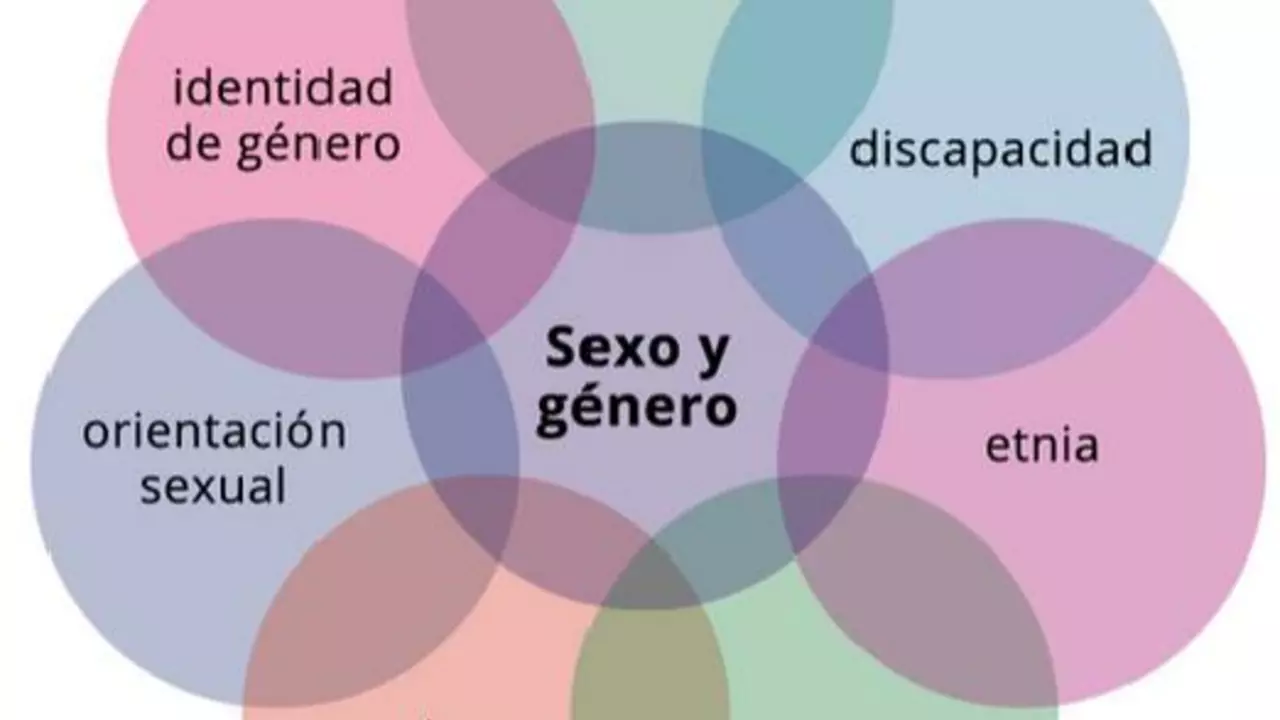Opinion/Editorial: Voices, Analysis and Reader Debates
Welcome to TeleNews India's Opinion/Editorial section. This is where columnists, guest writers and readers share strong views on politics, culture, media and everyday life. Expect pieces that challenge common thinking, highlight overlooked facts, and push for better public debate.
How do we choose what appears here? We look for clear arguments, evidence, and original perspective. That means the writer must explain why an idea matters, back it with facts or examples, and be honest about limits. We publish editorials from our team and op-eds from outside contributors, and we label commentary so you know it reflects an opinion, not newsroom reporting.
How to read opinion pieces
Read with a purpose. Ask: what claim is the writer making, what evidence supports it, and what might be missing? Watch for framing in headlines and images. Pay attention to sources and dates: an old statistic used without context can mislead. If a piece criticizes a newspaper or public figure, check the examples offered rather than only the headline.
Take the post "Do you think Times of India is sexist?" as an example. The writer questions whether a major paper shows bias against women by looking at language, images and story choices. That raises useful questions: are women often described by appearance, are certain topics sidelined, and do headlines sensationalize gender issues? You can read such a piece to spot patterns, not to get a final verdict.
How you can join the conversation
We want readers to respond thoughtfully. Comment with specific points, cite examples, and avoid personal attacks. If you have an alternative view, submit an op-ed with a clear thesis and evidence. We also welcome reader letters that highlight local issues or personal experiences tied to wider debates.
We try to keep a mix of short quick takes and longer essays. Short pieces can spark debate; longer ones explore background and data. Look for tags like "media bias," "gender," or "politics" to find topics that interest you. If a topic affects your community, tell us why and how it matters on the ground.
If you want to write for us, start with a strong opening sentence and a single clear point. Keep pieces between 700 and 1200 words for long essays, and 300 to 500 words for quick takes. Include two or three verifiable sources, links we won't publish but note in your draft, and a short author bio. We edit for clarity and fairness, and we may suggest changes to tighten claims or add context.
Finally, use this section as a workshop for thinking. Opinions can be sharp but fair. Good debates change minds or at least clarify where people disagree. If you read something that challenges you, pause, check facts, and respond with examples. That makes the conversation here useful for everyone.
Quick checklist for media bias: who benefits, which voices are missing, do images reinforce stereotypes, and does headline match the facts. Use when you read a Times of India piece and reply.

Do you think Times of India is sexist?
In my recent exploration, I've been pondering over whether the Times of India exhibits sexist tendencies. There are arguments that TOI, India's largest circulated English daily, often portrays women in a stereotypical or objectified way. On the other hand, the newspaper also has sections dedicated to women empowerment and gender equality. This presents a conflicting image, making it difficult to definitively label the publication as sexist. I believe the conversation requires a more in-depth analysis of the newspaper's content, context and intent.